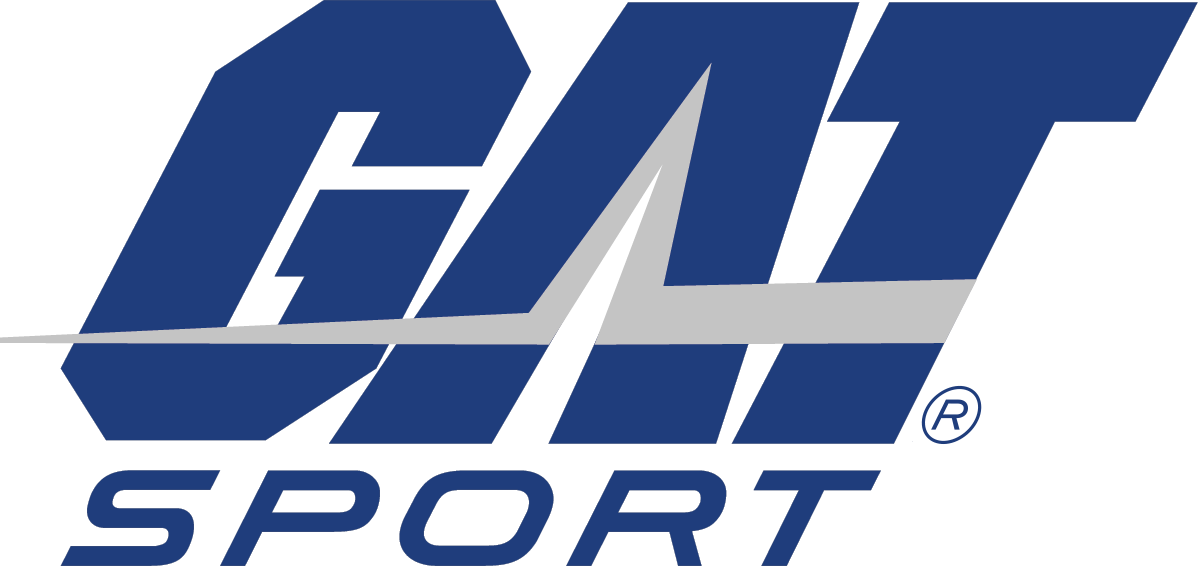You think you're just losing water? Think again. Every drop of sweat is stealing your gains.
Walk into any gym during peak summer and you'll see the same scene: athletes chugging plain water, thinking they're covering their hydration bases. Meanwhile, their performance is quietly declining with each workout. The harsh reality? While you're obsessing over water intake, your body is critical performance compounds that water alone can never replace.
As someone who's spent over a decade studying sports nutrition and formulation science, I've witnessed countless athletes sabotage their summer training by fundamentally misunderstanding what happens when they sweat. The science is clear, and it's time we stop treating hydration like a simple water-in, water-out equation.
The Hidden Cost of Every Drop
When your body temperature rises during exercise, your cooling system kicks into overdrive through sweating. But sweat isn't just water with a dash of salt: it's a complex solution containing electrolytes, minerals, and energy substrates that your muscles desperately need for optimal function.
Research published in the European Journal of Applied Physiology reveals that athletes lose an average of 460-1,840mg of sodium per liter of sweat, along with 160-390mg of potassium (1). To put this in perspective, a moderate two-hour training session where you lose 2 liters of sweat could cost you nearly 4 grams of sodium, equivalent to about two teaspoons of table salt.
But sodium and potassium are just the beginning. Your sweat also contains:
● Magnesium (6-24mg per liter): Essential for over 300 enzymatic reactions, including ATP production and muscle contraction (2)
● Calcium (40-160mg per liter): Critical for muscle contraction and neural signaling (1)
● Chloride (700-2,100mg per liter): Often overlooked, chloride represents approximately 70% of extracellular anions and functions through specialized transport systems including the Na⁺-K⁺-2Cl⁻ cotransporter (3)

The individual variation is staggering. Research tracking marathon runners found sodium concentrations ranging from 161 to 2,368 mg/L, a 15-fold difference between athletes (4). Some athletes are simply "salty sweaters" who lose massive amounts of electrolytes, while others maintain relatively low losses. Without understanding your personal sweat composition, you're essentially training blind.
The Cellular Energy Crisis
Here's what most athletes, and even many coaches, don't realize: intense heat training doesn't just drain electrolytes; it depletes your cellular energy currency. During prolonged exercise in heat, your muscles face a double assault. First, the primary energy systems become less efficient as core temperature rises. Second, the minerals required for optimal ATP production are literally sweating out of your body.
Studies show that even mild dehydration of 2% body weight can reduce strength by 2%, power by 3%, and high-intensity exercise capacity by up to 45% (5). But the performance decline isn't just from water loss; it's from the systematic depletion of the minerals that make cellular energy production possible.
Magnesium deficiency, which spikes during hot weather training, directly impacts creatine kinase activity: the enzyme responsible for rapidly regenerating ATP during high-intensity efforts (2). Without adequate magnesium, your body's ability to access stored energy becomes compromised, regardless of how much creatine you've loaded.
This is why smart athletes don't just replace fluids; they strategically replace the complete matrix of compounds lost through sweat.
The Complete Replacement Strategy
After years of working with elite athletes and studying sweat composition research, I've developed what I call the "Complete Replacement Protocol." This isn't about chugging gallons of sports drinks loaded with sugar and artificial colors. It's about understanding the science and replacing exactly what your body loses.
The optimal electrolyte replacement ratio, based on average sweat composition, matches physiological losses documented in exercise research and provides the foundation for maintaining cellular function during heat stress.
But replacement goes beyond basic electrolytes. Smart supplementation includes:
Strategic Magnesium Support: Since sweat losses can reach 24mg per liter, and most athletes lose 2-3 liters during intense training, magnesium replacement becomes critical. This is where products like Nitraflex Hydration, which provides 100mg of magnesium within a complete electrolyte matrix, prove invaluable for maintaining cellular function during training.
Cellular Energy Insurance: Your muscles don't just lose electrolytes; they lose their ability to efficiently produce energy. Strategic creatine supplementation before and after heat training helps maintain ATP availability when your energy systems are under assault. The timing matters: taking creatine when your cellular uptake mechanisms are compromised by heat stress requires more bioavailable forms.
Enhanced Absorption Cofactors: Pro Magnesium supplementation in therapeutic doses (200-400mg) supports not just muscle function but enhances the absorption and utilization of other minerals. Magnesium acts as a cofactor for over 300 enzymatic reactions, including those responsible for energy metabolism and protein synthesis.
The Performance Timeline: When Replacement Matters Most
Timing your replacement strategy can mean the difference between peak performance and gradual decline. Research shows that plasma sodium levels begin dropping within 30 minutes of starting exercise in heat, with performance decrements becoming measurable at the 45–60-minute mark (6).
Pre-Exercise (2-3 hours before): Begin hydration with a complete electrolyte solution. This isn't about "loading"; it's about ensuring optimal starting status.
During Exercise: Replace approximately 150-250ml every 15-20 minutes with a solution containing the complete electrolyte matrix. Plain water actually dilutes remaining electrolyte concentrations, potentially worsening performance.
Post-Exercise: The 30-minute window after training is critical for cellular recovery. This is when strategic magnesium and creatine supplementation can help restore energy systems and prepare for the next session.
Beyond Basic Hydration: The GAT Sport Difference
Having spent years formulating sports nutrition products, I can tell you that most hydration solutions on the market miss the mark. They focus on sodium and maybe potassium, while completely ignoring the complexity of sweat composition and the additional nutrients needed for optimal performance.
This is why we developed Nitraflex Hydration with a complete approach: 500mg sodium, 100mg magnesium, 1000mg of chloride, plus performance enhancers like taurine (1000mg) and L-theanine (100mg). The taurine functions as an organic osmolyte, helping maintain cellular hydration during exercise stress, while L-theanine provides cognitive support without the crash associated with excessive stimulants.
For athletes dealing with significant mineral losses or training in extreme heat, strategic use of Pro Magnesium (providing therapeutic doses of highly bioavailable magnesium) ensures that the enzymatic processes required for energy production continue functioning optimally.
And for maintaining cellular energy during heat stress, Pro Creatine offers enhanced bioavailability when standard creatine uptake might be compromised by elevated core temperature and cellular stress.
The Bottom Line
Your summer training success isn't determined by how much water you drink; it's determined by how intelligently you replace what you lose. Every drop of sweat contains performance-critical compounds that plain water can never replace.
The athletes who dominate summer training understand this science. They know their sweat rates, they understand their individual electrolyte losses, and they fuel accordingly. They don't just hydrate; they strategically restore their body's complete performance matrix.
Stop thinking about hydration as a simple water equation. Start thinking about it as a complete performance system. Your gains depend on it.
References
- Baker, L. B., Ungaro, C. T., Sopena, B. C., Nuccio, R. P., Reimel, A. J., Carter, J. M., Stofan, J. R., & Barnes, K. A. (2019). Exercise intensity effects on total sweat electrolyte losses and regional vs. whole-body sweat [Na+], [Cl−], and [K+]. European Journal of Applied Physiology, 119(2), 361-375.
- Nielsen, F. H., & Lukaski, H. C. (2006). Update on the relationship between magnesium and exercise. Magnesium Research, 19(3), 180-189.
- Clausen, T. (2008). Muscle K+, Na+, and Cl− disturbances and Na+-K+ pump inactivation: implications for fatigue. Journal of Applied Physiology, 104(2), 288-295.
- Lara, B., Gallo-Salazar, C., Puente, C., Areces, F., Salinero, J. J., & Del Coso, J. (2016). Interindividual variability in sweat electrolyte concentration in marathoners. Journal of the International Society of Sports Nutrition, 13, 31.
- Judelson, D. A., Maresh, C. M., Anderson, J. M., Armstrong, L. E., Casa, D. J., Kraemer, W. J., & Volek, J. S. (2007). Hydration and muscular performance: does fluid balance affect strength, power and high-intensity endurance? Sports Medicine, 37(10), 907-921.
- Cheuvront, S. N., & Kenefick, R. W. (2014). Dehydration: physiology, assessment, and performance effects. Comprehensive Physiology, 4(1), 257-285.




